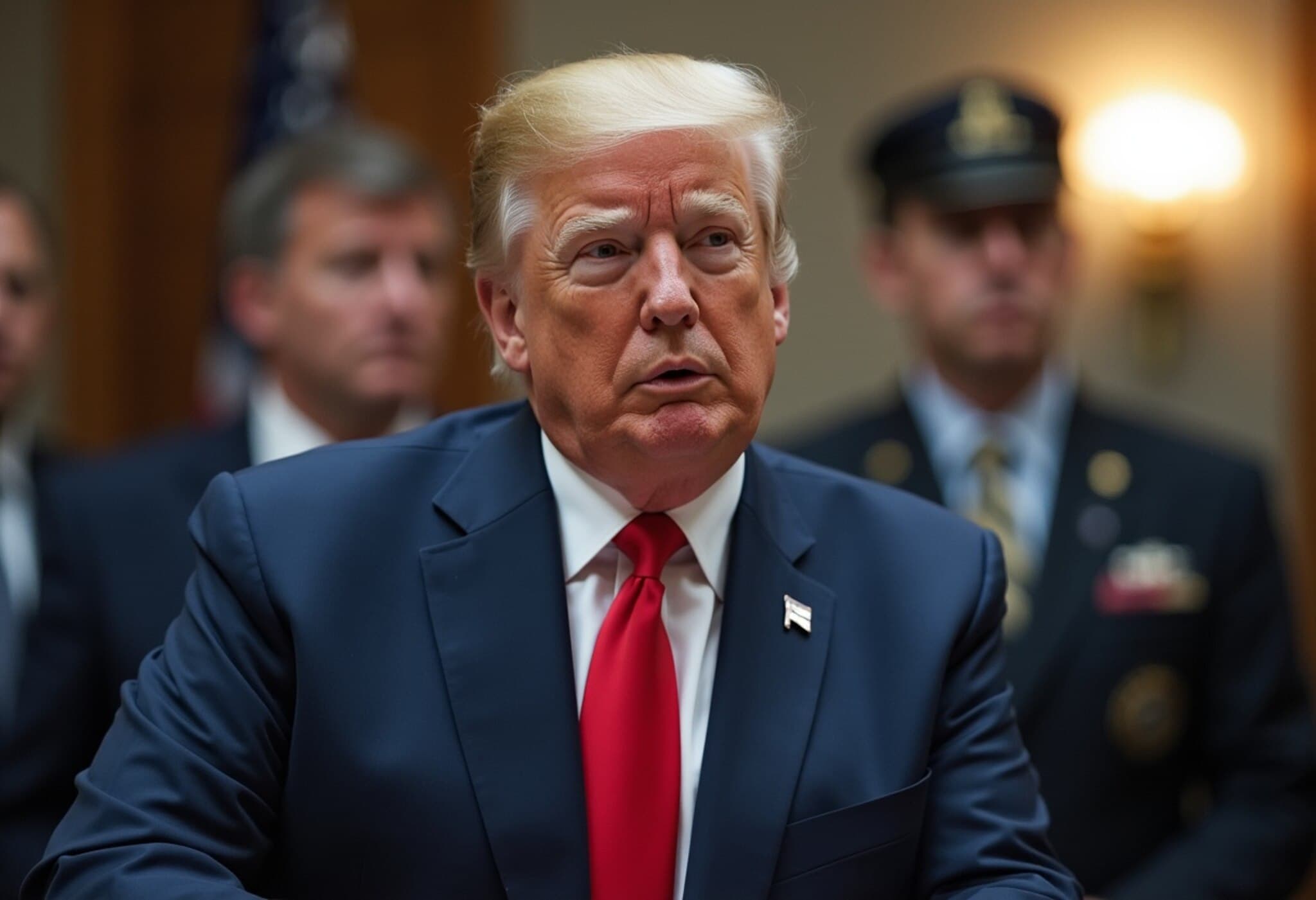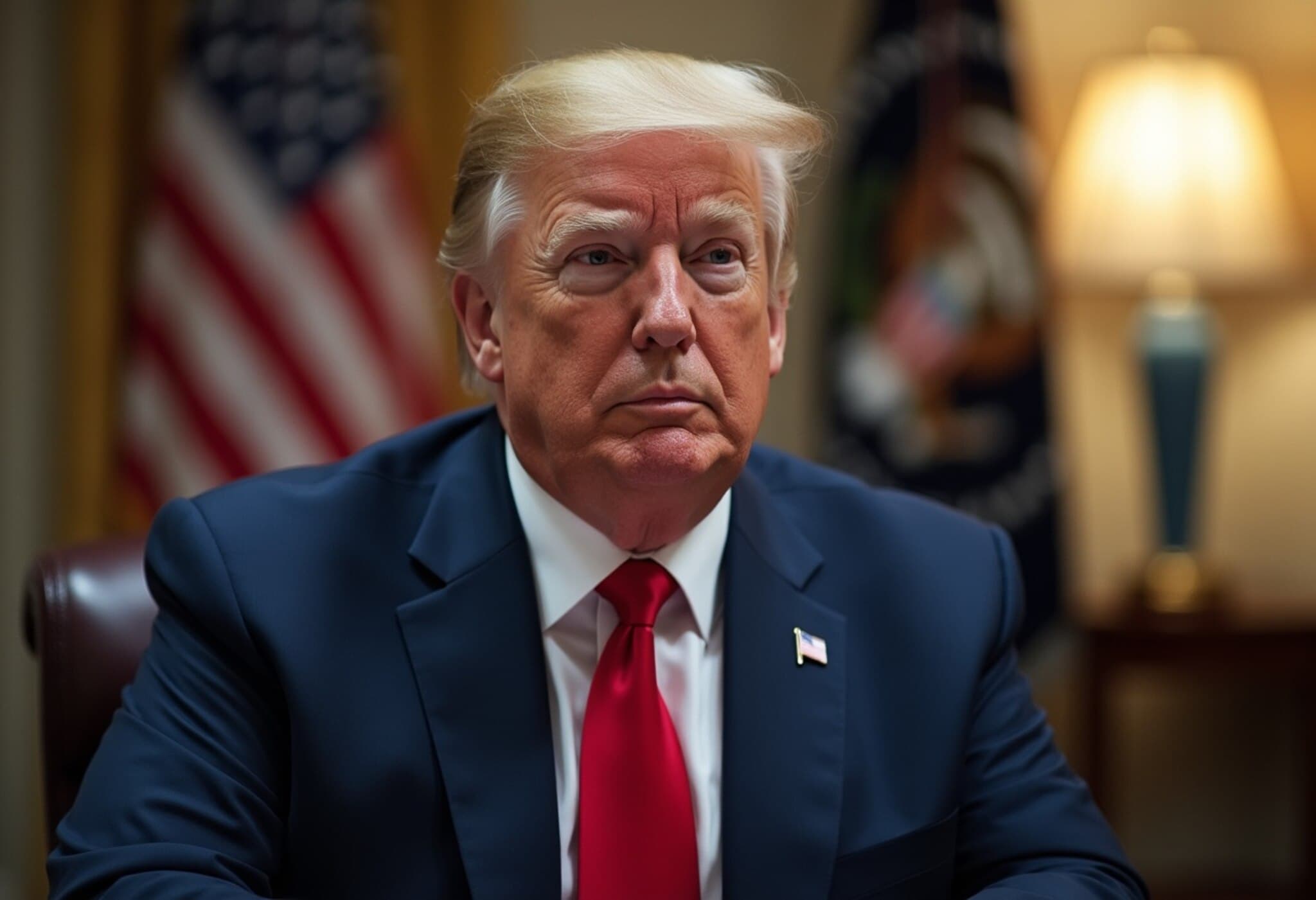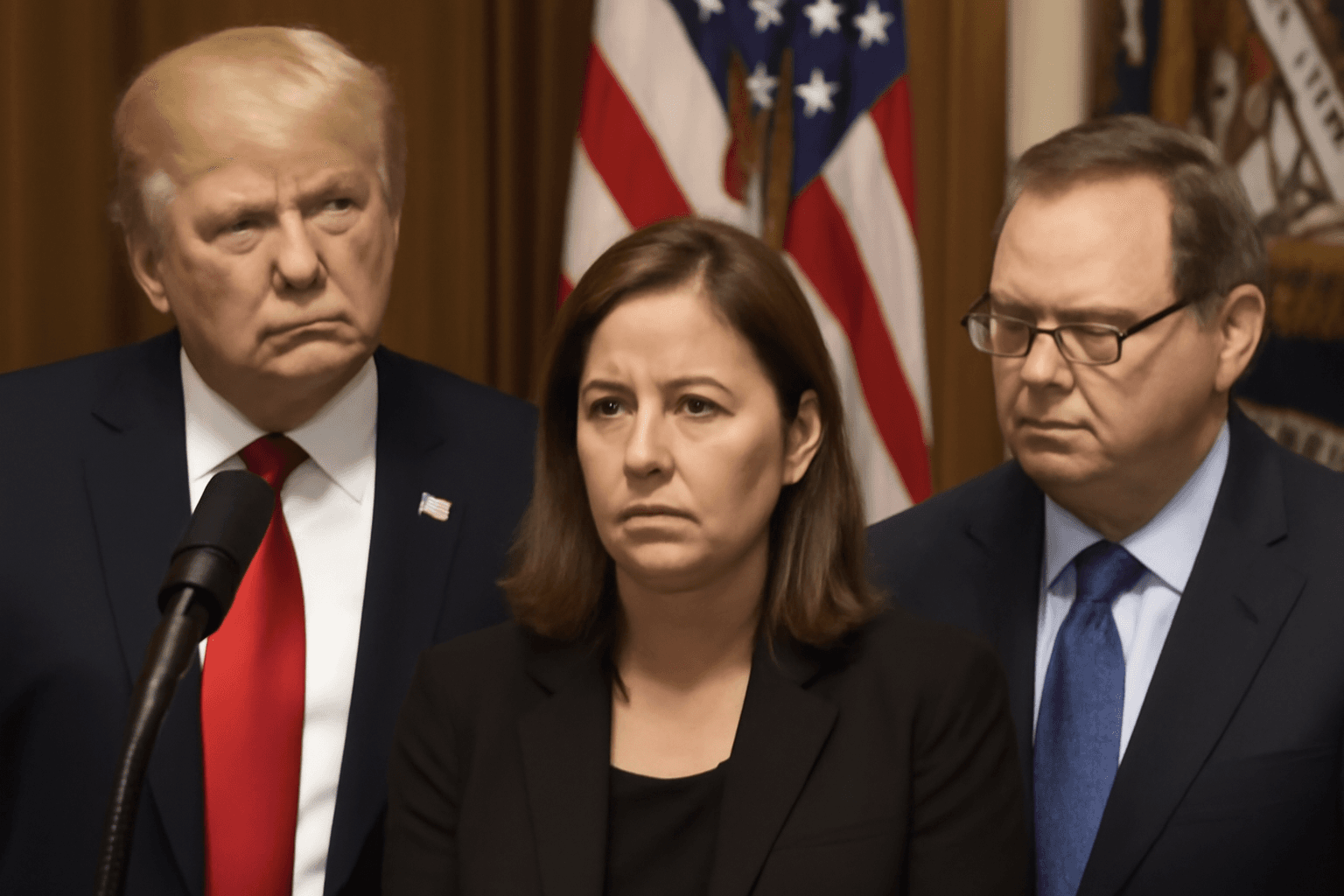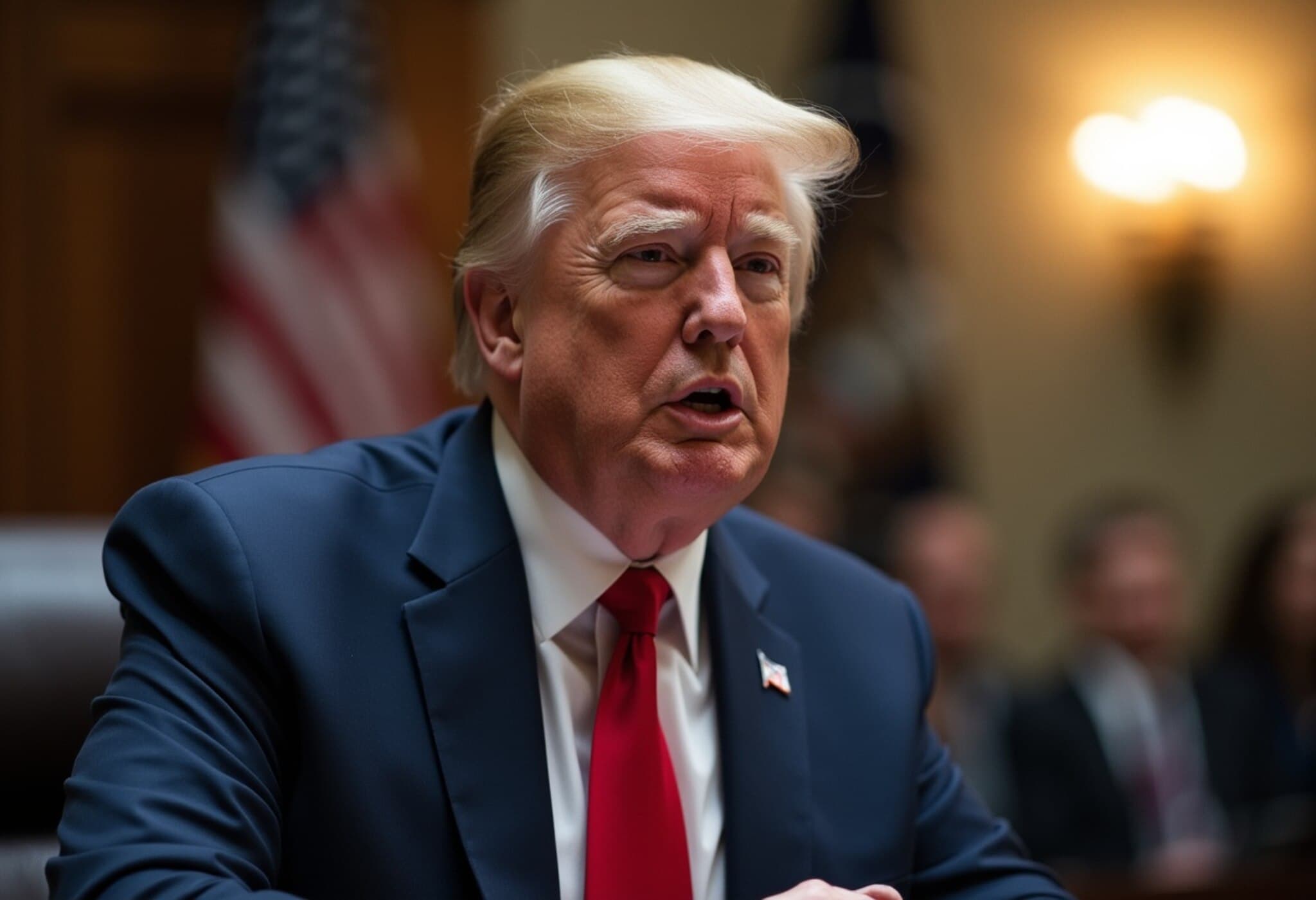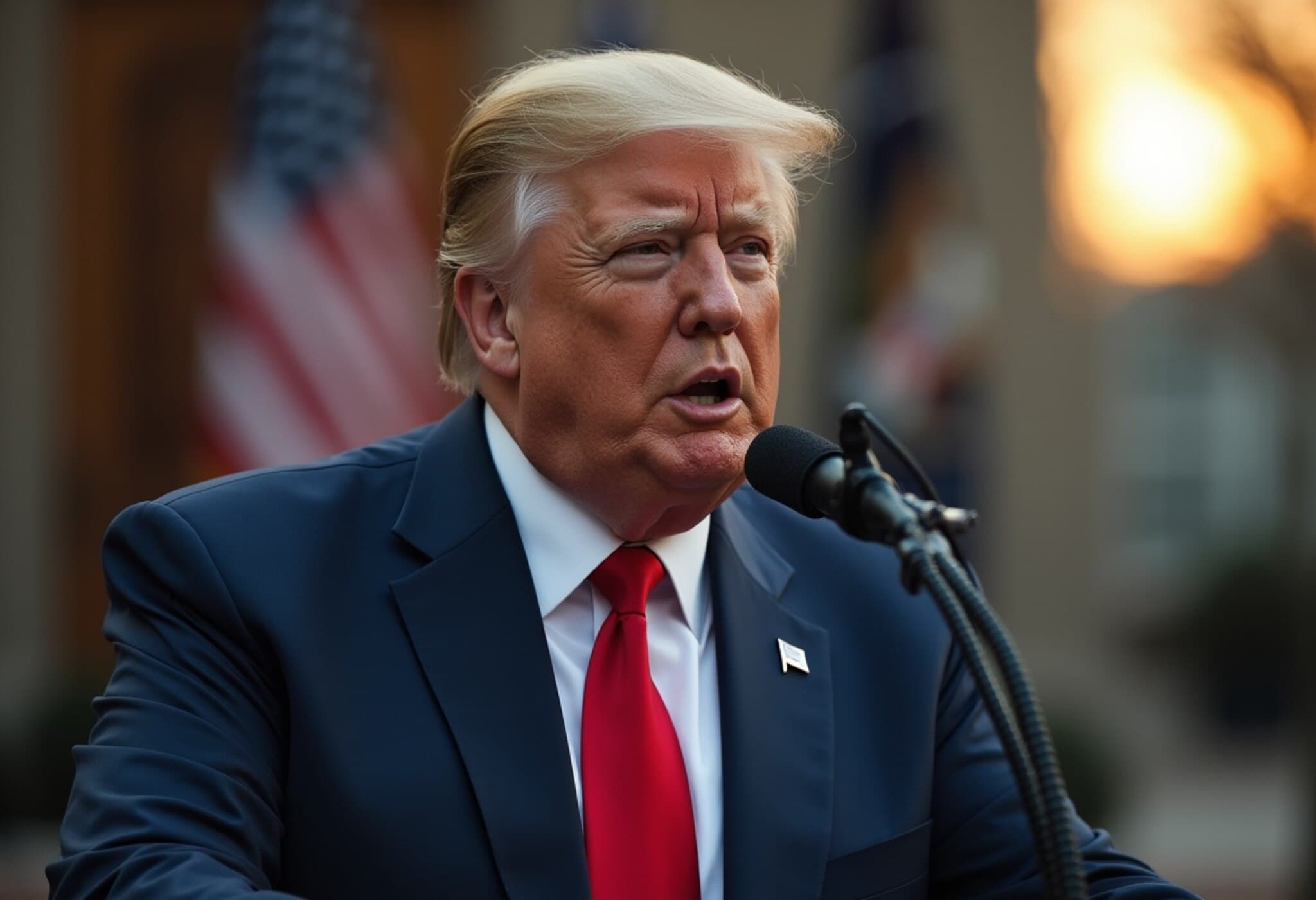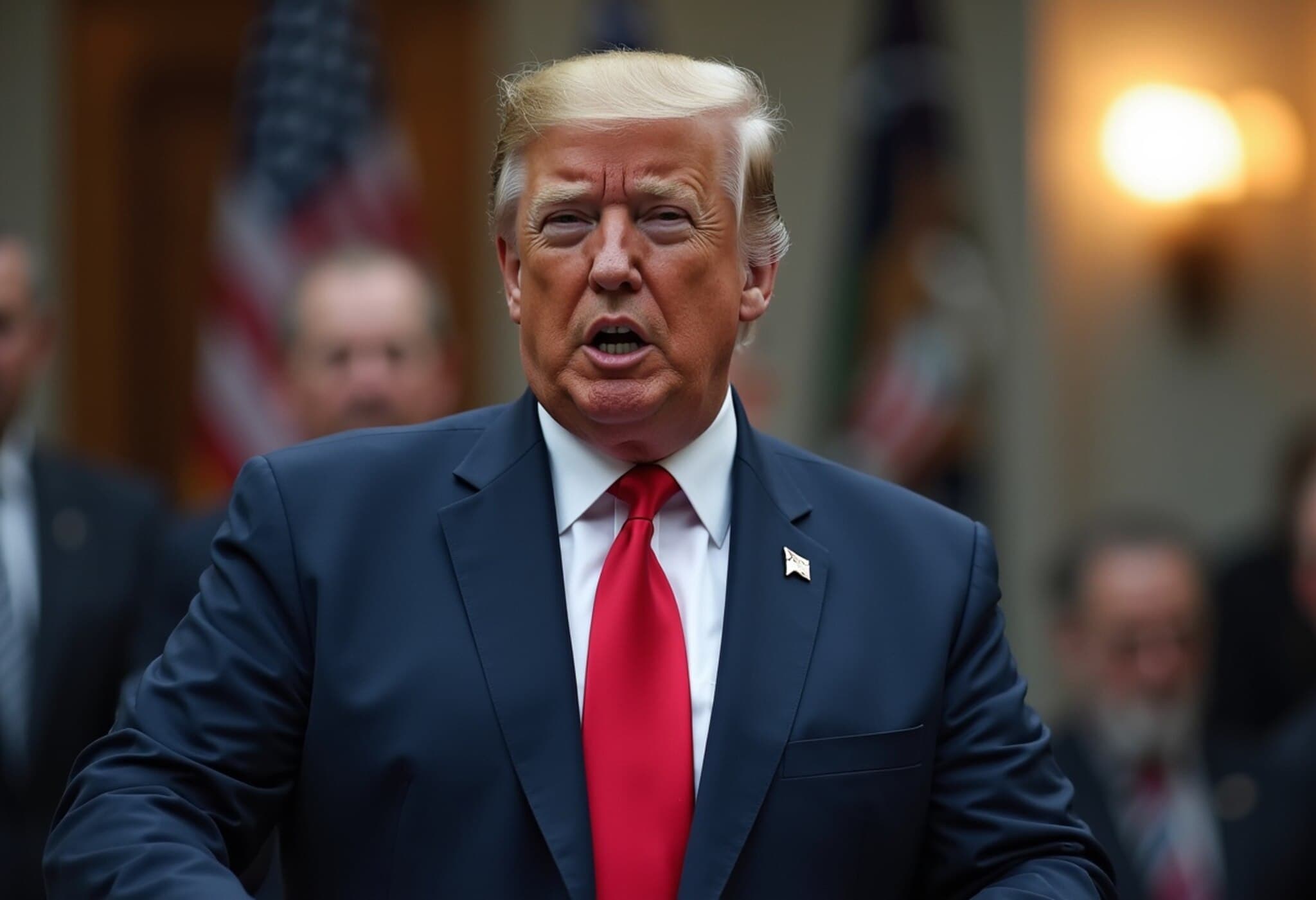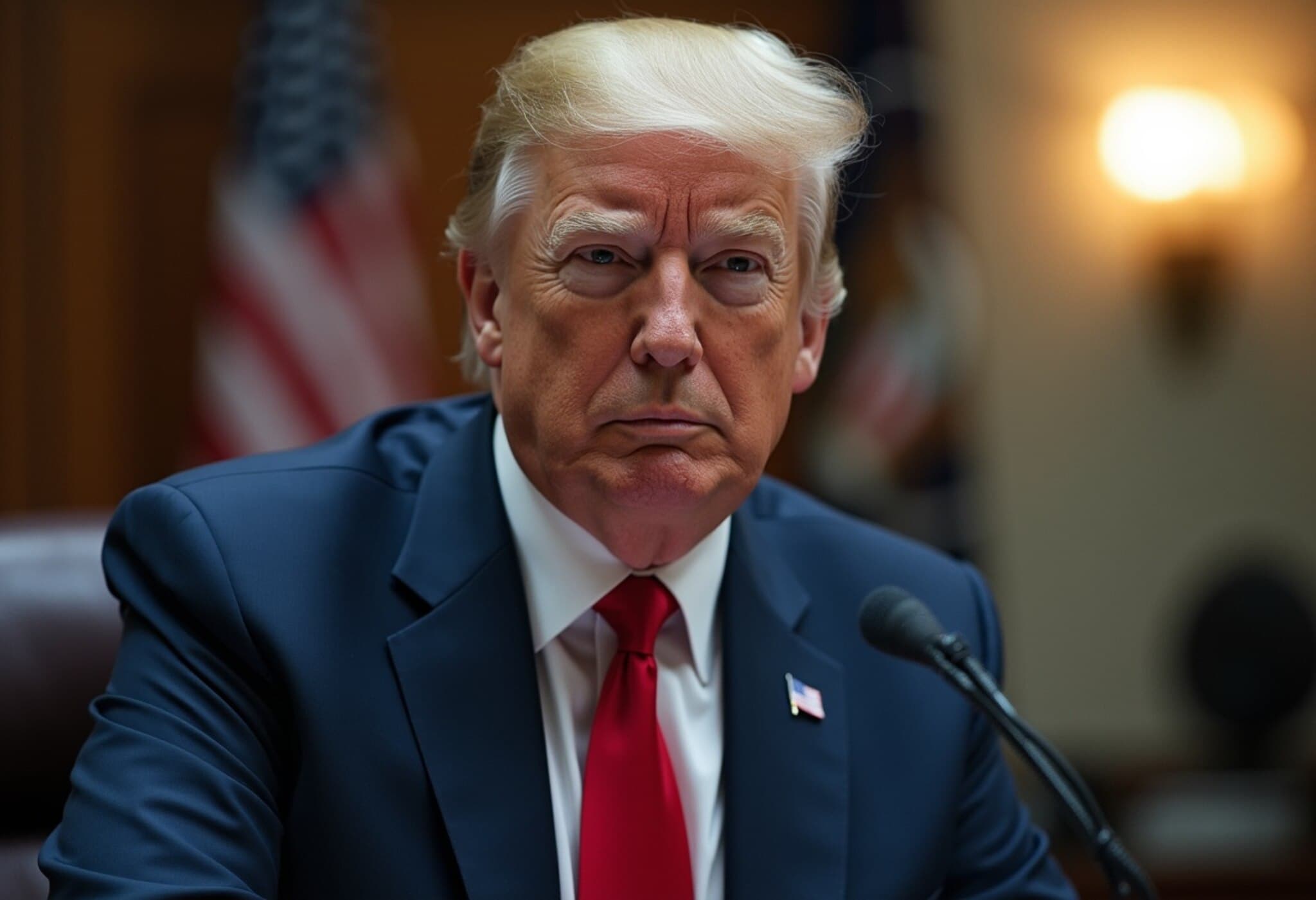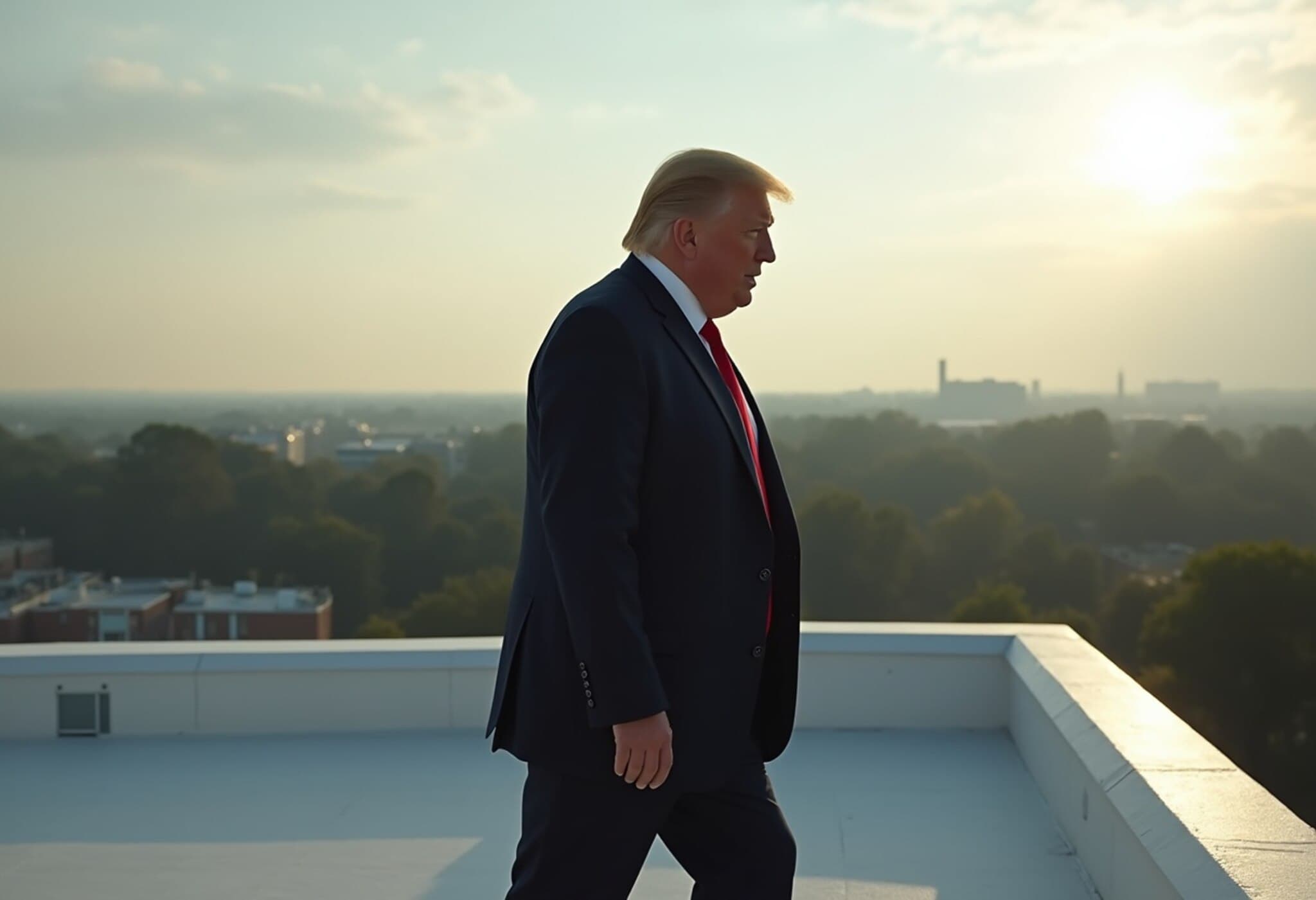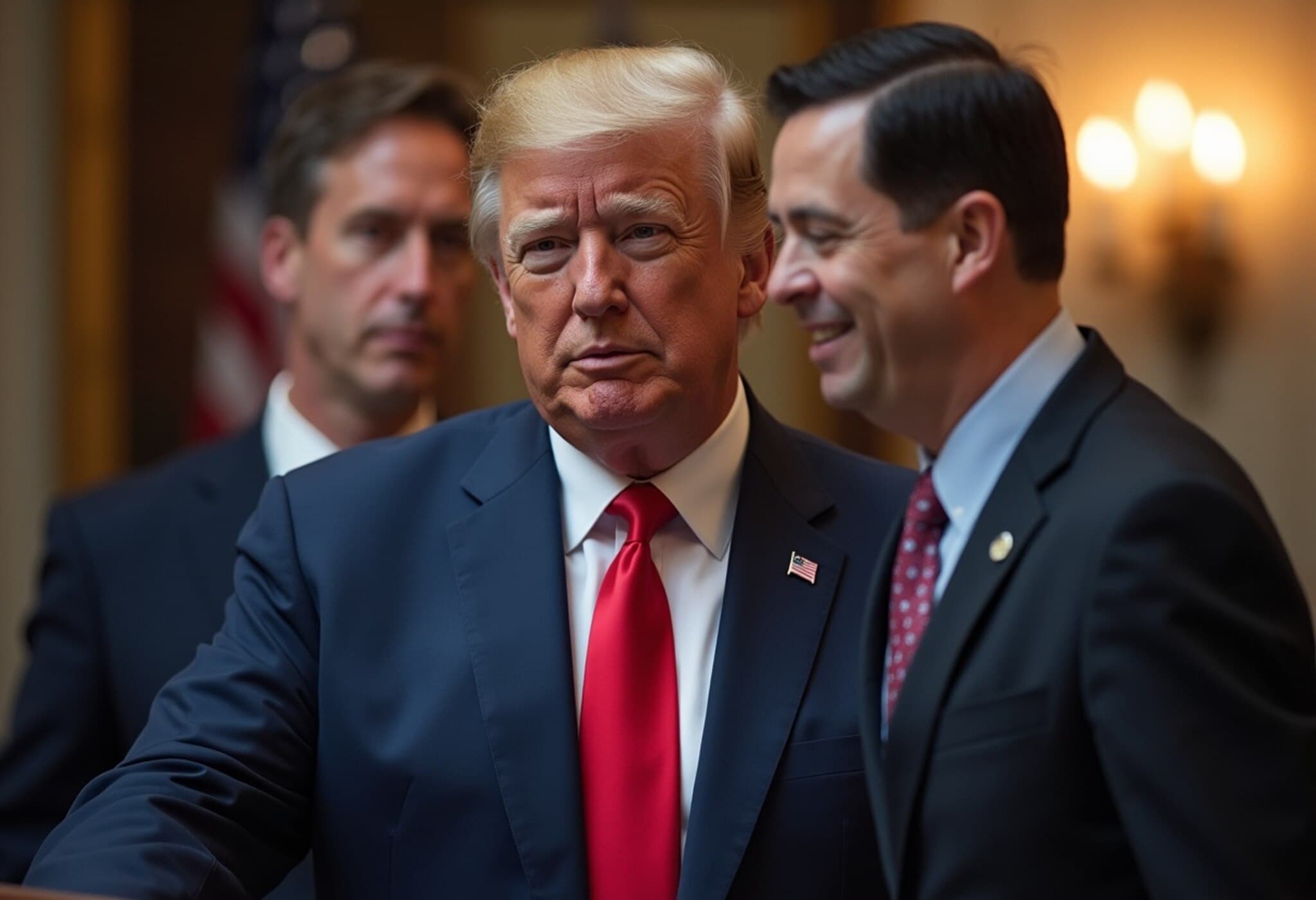President Trump Ousts IRS Commissioner Billy Long Amid Administrative Shake-Up
In a significant shift within the U.S. Treasury Department, President Donald Trump has announced the removal of Billy Long as the Commissioner of the Internal Revenue Service (IRS). This development, first reported by the New York Times, signals potential changes in the IRS’s strategic direction during a politically charged period.
Scott Bessent Steps In as Acting IRS Commissioner
Until a permanent successor is appointed, Treasury Secretary Scott Bessent will take the helm as the acting IRS Commissioner. According to a senior administration official cited by the New York Times, Bessent’s leadership is expected to provide continuity as the IRS navigates various operational and policy challenges ahead.
Understanding the Implications of Leadership Change at the IRS
The IRS commissioner plays a pivotal role in shaping federal tax enforcement and policy implementation. Changes at this level often reverberate through financial markets and impact public confidence in tax administration.
Billy Long’s tenure was marked by ongoing debates about IRS funding, enforcement priorities, and modernization efforts. His departure raises questions about how the new leadership will approach these critical issues, especially as the IRS faces increased scrutiny over taxpayer data security and audit practices.
Expert Insight: The Stakes Behind IRS Leadership Transitions
From a policy analyst’s perspective, leadership turnover at the IRS can either disrupt or accelerate reform initiatives. Scott Bessent, with his Treasury Secretary background, brings a potentially different strategic vision. Observers will be watching closely to see if this transition leads to:
- Enhanced IRS modernization and technology integration
- Shifted enforcement priorities balancing revenue collection and taxpayer fairness
- Changes in how the IRS handles politically sensitive audits
Given the IRS’s critical role in the American economy, this development isn’t just an administrative footnote—it could influence tax policy enforcement nationwide.
Unpacking the Timing: Why Now?
The timing of this change invites speculation. Is it a response to internal IRS challenges, pressure from political stakeholders, or a proactive move by the administration to realign the agency ahead of upcoming fiscal deadlines and elections?
Historically, IRS commissioners typically serve fixed terms to ensure agency independence. Early removals often prompt debates about politicization of the tax collection agency. This context adds another layer to understanding the significance of Long’s removal.
What’s Next for the IRS?
The acting commissioner role held by Scott Bessent is a temporary but crucial position. Stakeholders ranging from taxpayers to lawmakers will be eager for announcements regarding a permanent nominee. Transparency and appointment of a commissioner with broad professional credibility will be essential for maintaining trust in the IRS.
Key Questions Moving Forward
- Who will the administration nominate as the permanent IRS commissioner?
- How will the agency’s priorities shift with new leadership?
- What impact will this leadership change have on tax compliance and enforcement, especially for high-profile taxpayers?
Editor’s Note
This unexpected leadership change at the IRS under President Trump underscores the complexities of managing a federal agency that balances strict enforcement with public service. The appointment of Scott Bessent as acting commissioner is a tactical decision, but the longer-term effects on American tax policy and agency independence remain to be seen.
As this story develops, paying close attention to the administration’s next moves will be key to understanding the future of the IRS and its role in government accountability and economic stability.

